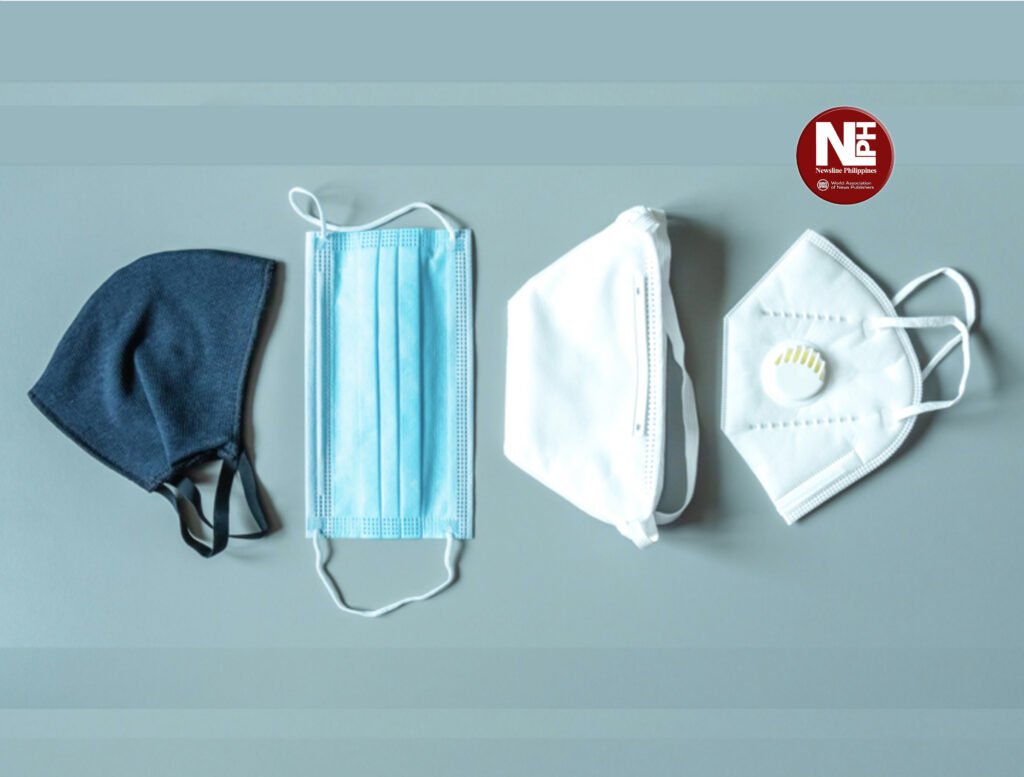
DAVAO CITY (June 2) – The Philippine Society for Microbiology and Infectious Diseases (PSMID) clarified on Monday that wearing face masks is not effective in preventing monkeypox (Mpox) transmission, as the virus is not airborne.
In a Facebook post, PSMID explained that the variant currently in the Philippines—Clade 2—spreads primarily through prolonged close contact, such as kissing, sexual activity, hugging, or sharing personal items like towels and linens. It may also spread via respiratory droplets during close interaction, but not through airborne transmission in public spaces like offices or markets.
PSMID emphasized that mandatory masking is unnecessary and not cost-effective, since Mpox prevention should focus on avoiding direct contact with infected individuals, especially those with visible rashes or lesions.
They advised individuals with symptoms to consult health professionals and self-isolate while recovering. Although there’s no proven antiviral treatment, most cases resolve without it. However, those with weakened immune systems may experience more severe symptoms.
The group encouraged the public to rely on credible sources like the DOH, WHO, and medical societies for accurate Mpox information.

